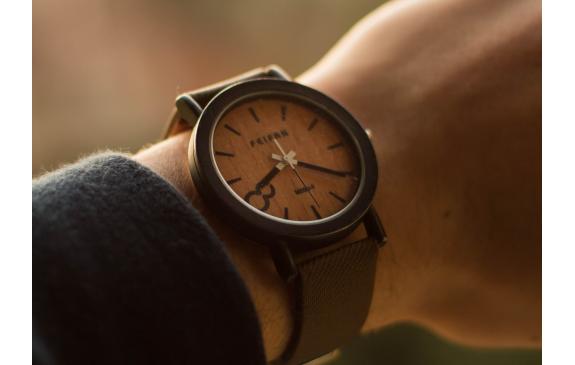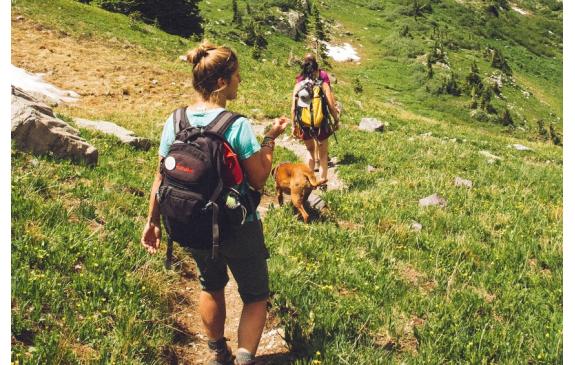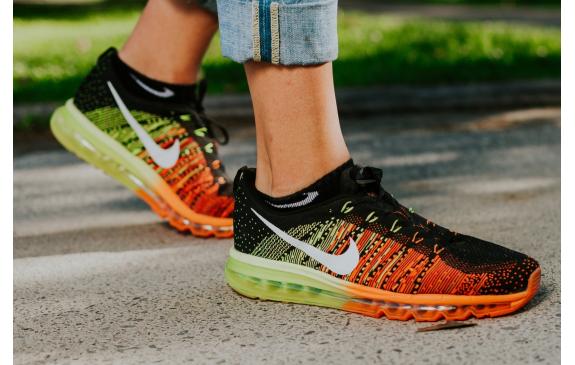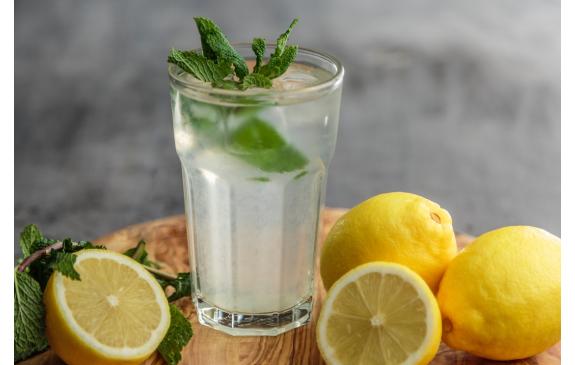Tipping into the “dog days of summer” for much of the country means temps are getting hotter – which can be uncomfortable for everyone. But for people concerned about their heart health, hot, humid days can actually be dangerous.
Here’s why: If your temperature rises too much, your body works to shed the extra heat in two ways, both of which stress the heart.
- Radiation: Like water flowing downhill, heat moves from warm areas to cooler ones. When the air around you is cooler than your body, you radiate heat to the air. But this transfer stops when the air temperature approaches body temperature. Radiation requires rerouting blood flow so more of it goes to the skin, which makes the heart beat faster and pump harder. On a hot day, it may circulate two to four times as much blood each minute as it does on a cool day.
- Evaporation: Every molecule of sweat that evaporates from your skin whisks away heat – but it also strains the cardiovascular system. Sweat pulls much more than heat from the body; it also pulls out sodium, potassium, and other minerals needed for muscle contractions, nerve transmissions and water balance.

SUMMER PRECAUTIONS
“If you’re a heart patient, older than 50 or overweight, you might need to take special precautions in the heat,” said Gerald Fletcher, M.D., professor of medicine at the Mayo Clinic, in Jacksonville, Fla.
Here are a few tips from the American Heart Association to help you brave the heat:

Watch the Clock
It’s best to avoid the outdoors in the early afternoon (about noon to 3 p.m.) because the sun is usually at its strongest, putting you at higher risk for heat-related illnesses.

Buddy Up
If you can, exercise with a friend, because it’s safer — and more fun — to have someone at your side.

Get Off on the Right Foot
You probably sweat the most in your shoes, so choose well-ventilated shoes and look for socks that repel perspiration. Foot powders and antiperspirants can also help with sweat.

Dress for the Heat
Wear lightweight, light-colored clothing in breathable fabrics such as cotton, or a synthetic fabric that repels sweat. Add a hat and/or sunglasses.

Drink Up
Stay hydrated by drinking a few cups of water before, during and after your exercise. Avoid caffeinated or alcoholic beverages.

Take Regular Breaks
Find some shade or a cool place, stop for a few minutes, hydrate and start again.
Implementing just a few preventative measures can help your heart stay healthy all summer long – even on its hottest days!

